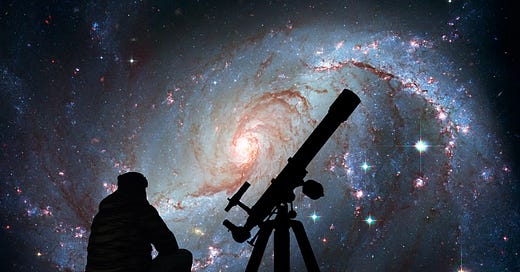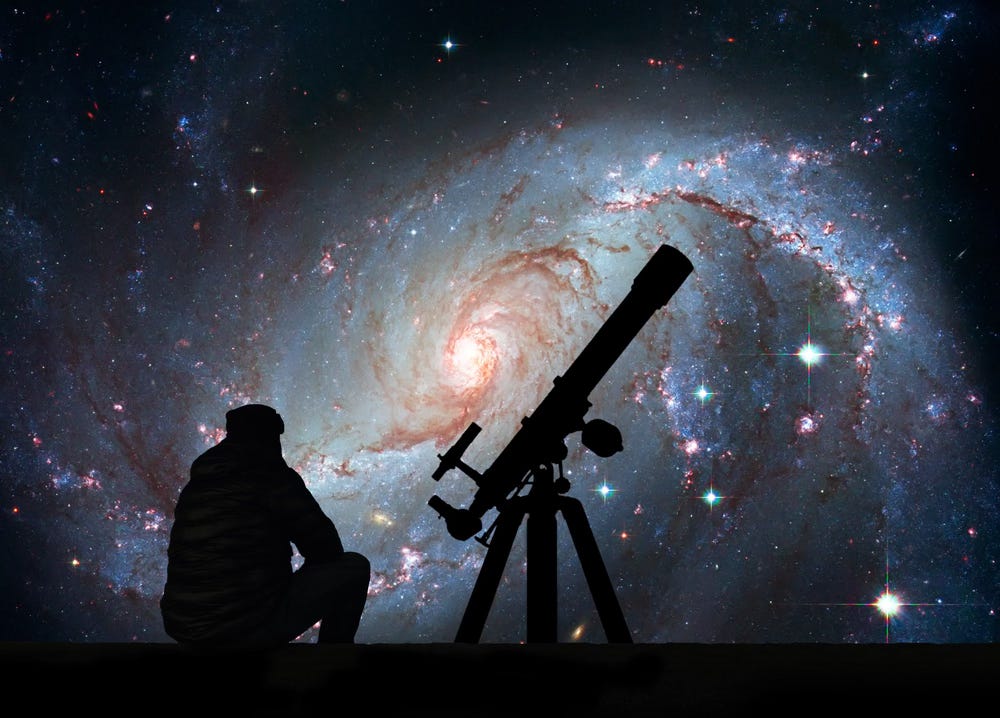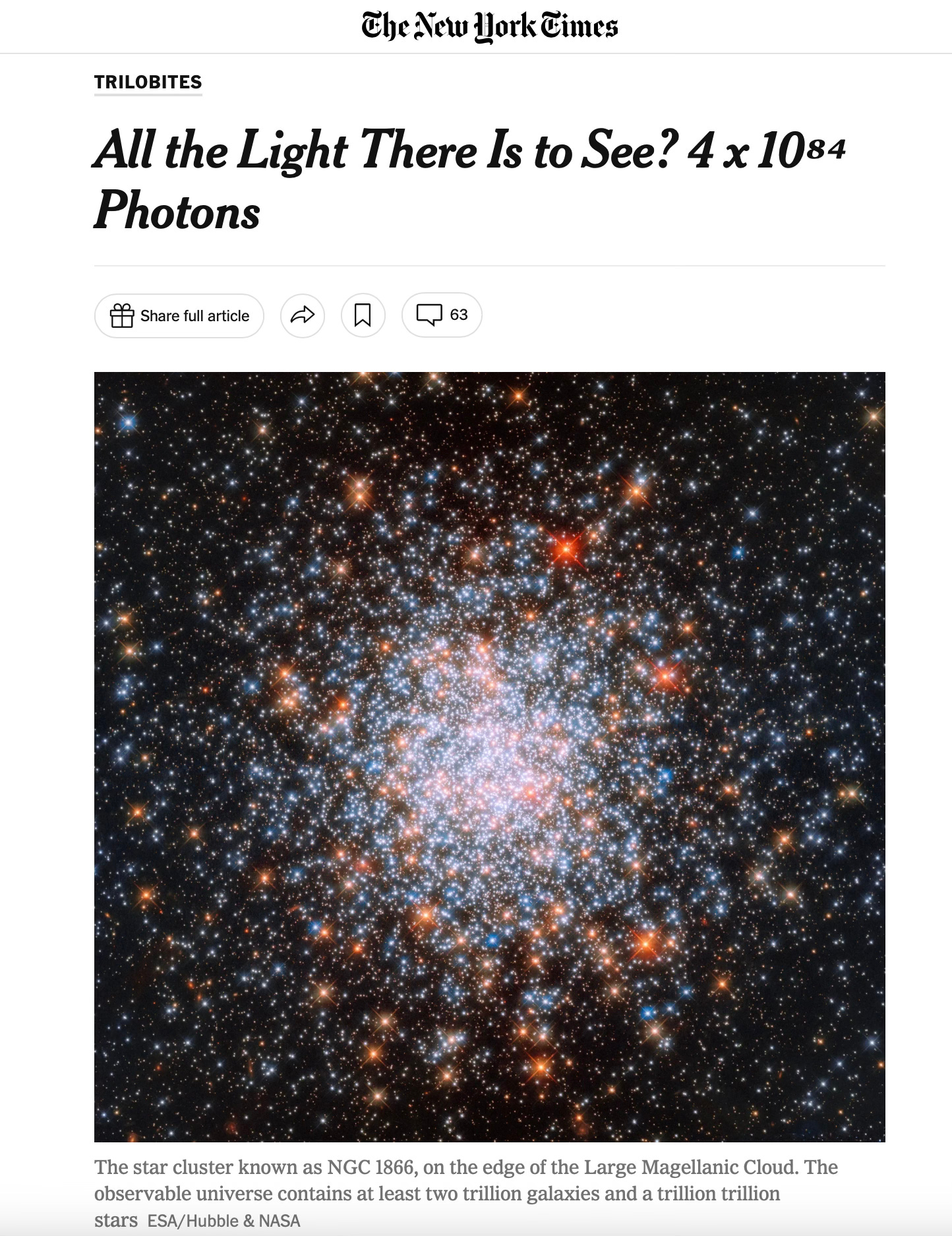Join me on my road to publication (part 13)
My multipart series chronicles the ups and downs of an ordinary person striving to becoming a novelist in the real world. The series will span more than five decades.
If you’ve read parts 1-12, you can skip the intro (though it’s a fascinating intro 😀):
I’m the author of ten published novels, three novellas, and two nonfiction books. Seven of the novels, the three novellas, and one of the nonfiction books were traditionally published. I self-published the remaining three novels and nonfiction book.
This might seem impressive to some, but it goes without saying that I’m no Stephen King, especially when it comes to our respective bank accounts. Despite boasting over 70,000 purchases/downloads of my books, my total cash royalties are in the low five-figure range because (admittedly) most of the sales were free or inexpensive ebooks. Regardless, it’s likely there are authors who would trade places with me, which might be viewed as a depressing commentary on how extraordinarily difficult it is for a no-name to hit it big.
Though I’m not the only author on Substack chronicling something like this, my story has unique elements that I believe will be informative and relatable to writers and readers. Over the next several months, I’ll post a bimonthly account of my journey to publication—from the 1970s when I was a young man with big dreams to a recently retired dude who hasn’t given up on those dreams quite yet. Here is part 13.
The stars align for me (and against me)
My new job as a public information officer at a major university was a breath of fresh air compared to my previous job at a faraway newspaper. Instead of having to live away from home five days a week, I now had a 10-minute drive to work with only one traffic light. It was like stepping out of a broiling desert and diving into a sparkling swimming pool.
As a lifelong journalist, I had written hundreds of articles, including some that were magazine-length. But I was never truly a full-time reporter, spending the majority of my career as a supervisor, editor, and designer. In my new university job in the College of Agriculture, Forestry and Life Sciences, I became a full-time writer for the first time in my (day-job) career.
And I loved it!
As a PIO, I was assigned to write press releases highlighting the work of our agriculturists, foresters, and life sciences researchers. In addition to on-campus reporting, I travelled all over South Carolina to visit the university’s satellite locations, where I conducted interviews, took photos, and produced videos. Much of the time was spent in forests, farmland, and outdoor research facilities.
Some of the stories I wrote were long, narrative pieces that appeared in several high-circulation magazines. One of these included coral restoration research in the Florida Keys where I got to snorkle with the scientists. It was awesome, to say the least!
Two years after taking the job, I was promoted to communications director of the College of Science. In this new position, I interviewed astrophysicists, chemists, biologists, geneticists, and mathematicians — and I have to say I was pleasantly surprised to find that they were as good-natured as they were brilliant.
The job fit me well because I’m a science kind of guy. This is my favorite quote of all time:
“The Cosmos is all that is or ever was or ever will be.” —Carl Sagan
That’s my philosophy of life in a nutshell. So to be able to interview and write about scientists who studied faraway galaxies and exploding stars was a blast for me. In the past, I had always been a fiction snob, believing that fiction was the highest form of writing. But these nonfiction stories drained my creative juices in a unexpectedly satisfying way and left me feeling fulfilled.
Much of what I wrote was picked up by newspapers all over the state, nation, and world. Sometimes they ran my stories word for word. Other times they wrote their own versions. Either way was a victory for the university. One story about how much starlight the universe has produced in its 14-billion-year history was published in various forms by more than 100 news outlets and ran on front pages all over the globe. Here’s a version that ran in The New York Times.
In case you’re wondering, the starlight added up to this: 4,000,000,000,000,000,000,000,000,000,000,000,000,000,000, 000,000,000,000,000,000,000, 000,000,000,000,000,000,000 photons.
( 😂 And yes, I counted the number of zeroes about that many times to make sure I got it right. 🤣 )
During my tenure as communications director for the College of Science, I also coordinated a campus-wide event tied to the total solar eclipse that swept over a swath of the United States back in 2017. Fifty thousand attended the event, including people from all fifty states as well as a few hundred from around the world. Twenty-five news outlets were there, including The Washington Post, The Wall Street Journal, NPR, the international BBC, the Weather Channel, CNN, and national crews from NBC, ABC, and FOX. I still remember being interviewed live on the Weather Channel as the eclipse approached and the sky grew dark. Tens of thousands screamed with joy when the eclipse reached totality. This was the proudest and most emotional moment of my career. I produced a book about it afterward as lead editor and writer. To this day, thinking about that day gives me chills.
Overall, my stories won more than a dozen national awards, going up against the top competition in the country.
Despite all this good news, my career as a novelist took a seat way in the back of the bus. For the seven years I worked at the university, I didn’t write a single word of fiction. When I got home at night, I didn’t have any juice left in me. Instead, I spent my evenings watching fluff on Netflix.
At the same time, I was reaching an age where the looming lure of retirement was more than just a light at the end of the tunnel. Instead, the end of the tunnel was only a stone’s throw away. In my lighthearted memoir The Adventures of a Florida Boy, there’s a chapter devoted to all the jobs I had as a kid. I started mowing lawns when I was 12 and continued to work job after job after that, including cleaning movie theaters in the middle of the night, cooking countless buckets of fried chicken, and clearing tables at the speed of light at a popular seafood restaurant. Other than my three-year hiatus when I wrote my epic fantasy series, I had been working nonstop for more than fifty years. As you might imagine, I was worn out.
Though I still enjoyed my job at the university, I was ready for the next stage of my life.
I was about to become a retiree!
Hopefully, this would give me the time — and impetus — to return to writing novels full time. That, at least, was the plan.
Up next: Stepping away from the rat race for good.
Previous episodes
Part 1 | Part 2 | Part 3 | Part 4 | Part 5 | Part 6 | Part 7 | Part 8 | Part 9 | Part 10 | Part 11 | Part 12







I think there's something to be said for doing a day job that uses a different part of the brain (or not so much of it and more physical, like gardening), leaving capacity for creativity.
However, your day job did sound fun.
If you want to be a writer, don't get good at anything else. Wish I had followed my own advice : )
And of course there's more (there's always more). Agents are the gatekeepers. You must find a way to impress them, and your writing is not the answer. Everyone can write. What else you got? That's the question, and the key to breaking in.